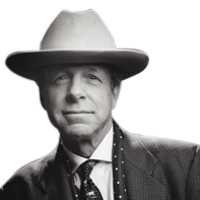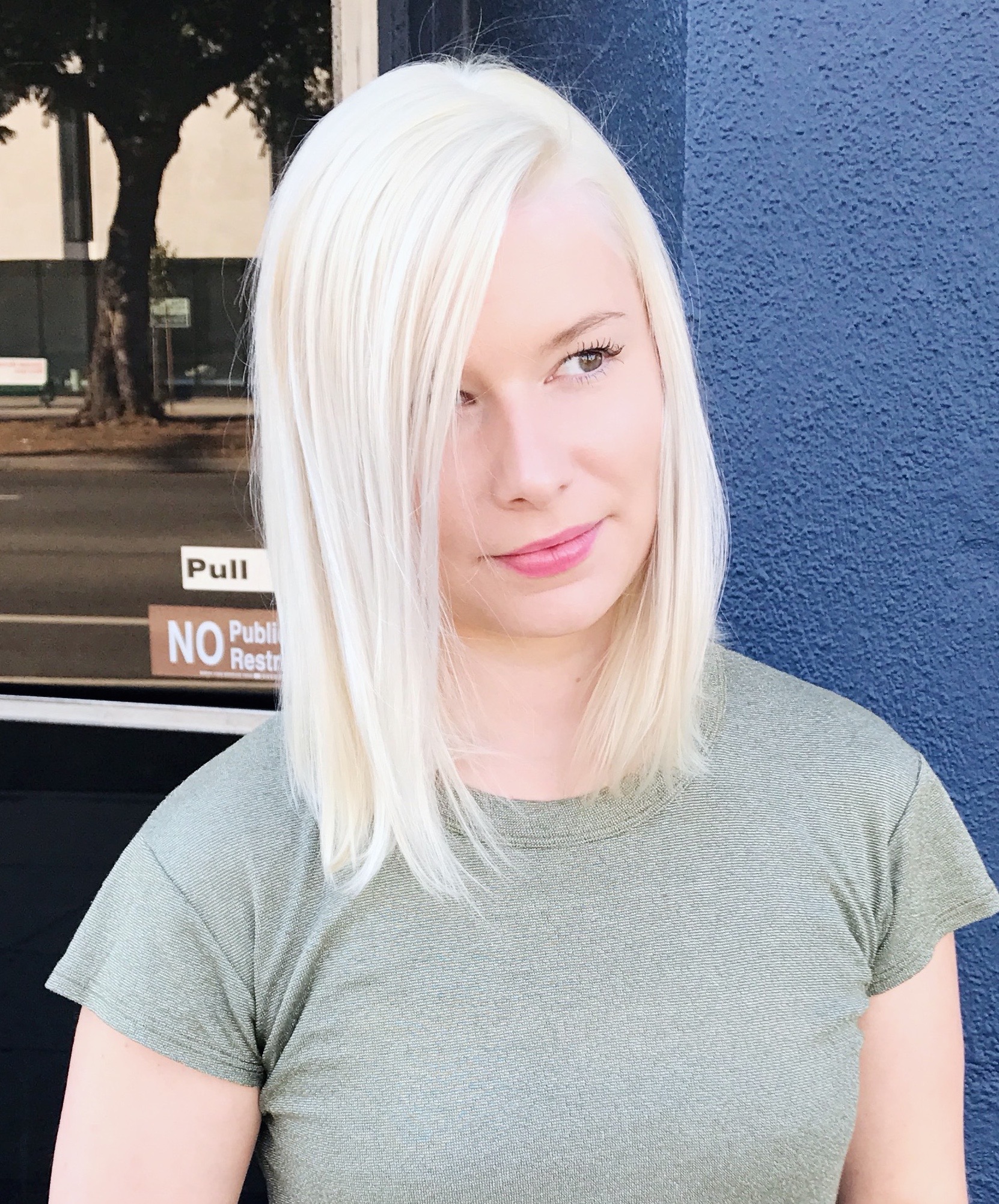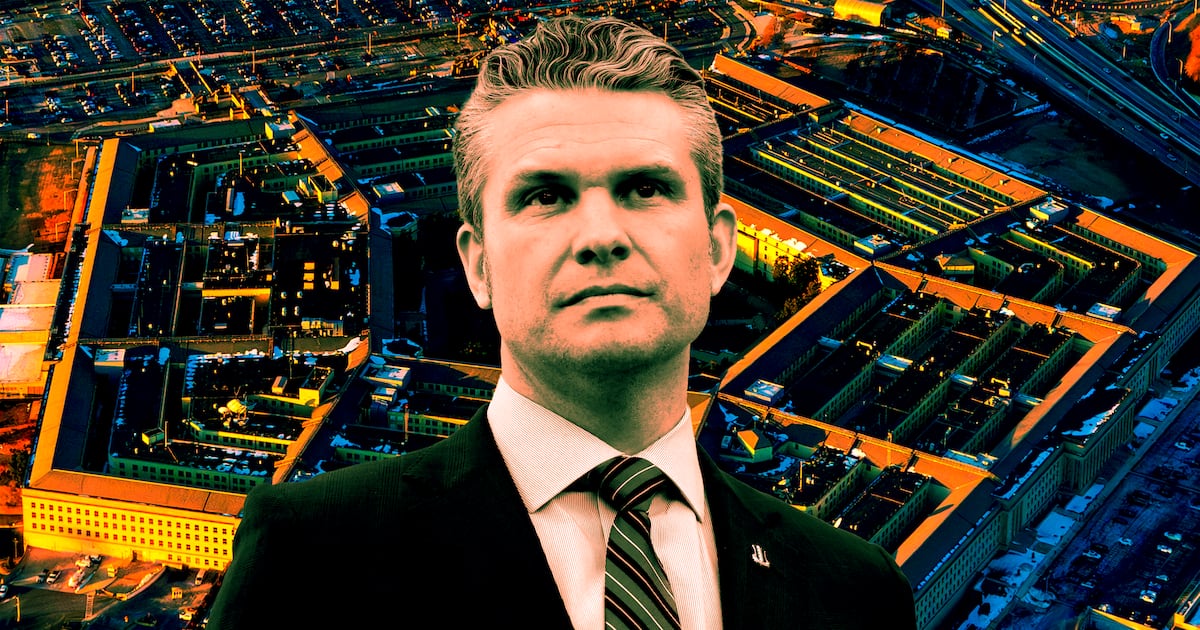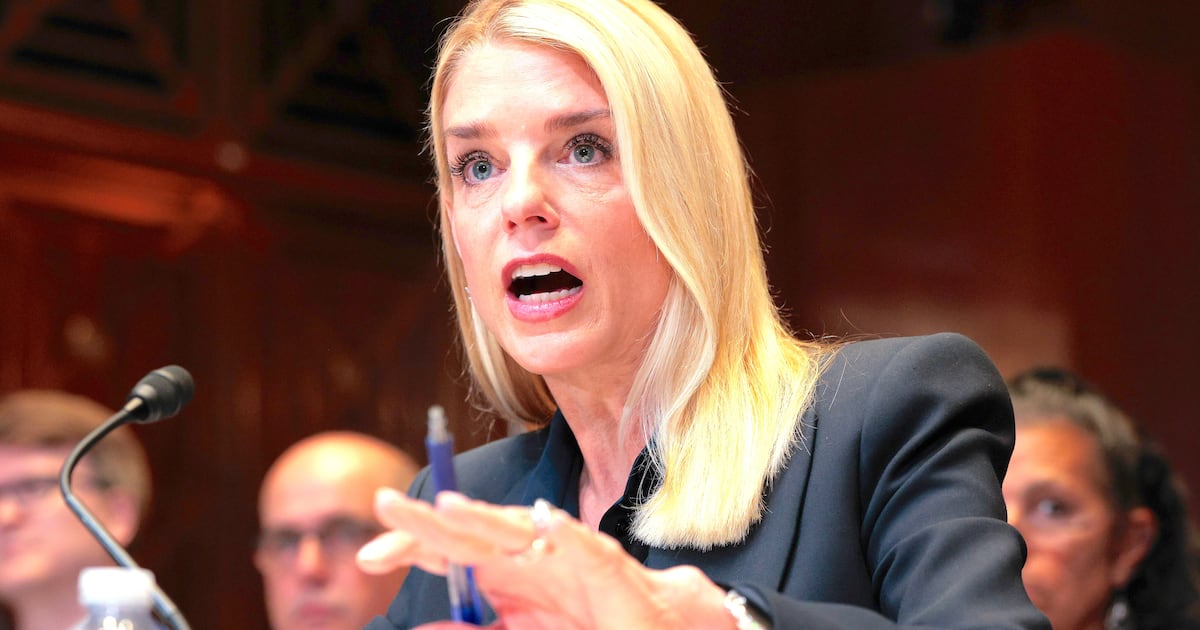This is an American story. It starts in Monterrey, Mexico.
That’s where Angela Piñeyro de Hoyos was born in 1988, and where she was kidnapped four years later by her own father. After being dramatically rescued by her sister and police and returned to her mother, the three fled the country and resettled in Austin, Texas. That’s where Angela Piñeyro De Hoyos became Angie Menchaca, to evade her father, and where she grew into the accomplished woman she is today — Angela De Hoyos Hart.
Angie’s parents were married for 25 years before her father became abusive, and her mother, Marylu—then a psychologist with a private practice and a professor at the university in Monterrey— sought a divorce. A few days later, Marylu was drugged, dragged out of her home by men in white coats and committed to a mental institution, where she was given excessive rounds of dangerous electroshock treatment without anesthesia, muscle relaxants, electrocardiograms or proper care. The torture was orchestrated by her husband, with the help of his psychiatrist brother with the intention of erasing Marylu’s memory of wanting a divorce.
Meanwhile, her older daughter Venus, then 20, arrived home from work to find an empty house littered with syringes, which could only mean something terrible had happened. It took 12 hours for Venus to convince authorities that her mother was in danger and had been unlawfully committed. By the time Marylu was released, she’d sustained brain impairment, fractured teeth and damaged joints. And that’s when she learned her four-year-old daughter was missing.
Angie remembers only fragments of her kidnapping: the room in a cold, unfamiliar house she wasn’t allowed to leave for days before being moved to a new hideout in the middle of the night; her father telling her that her mother didn’t love her anymore; and the feeling of relief upon finally seeing that loving mother, who had obtained a search warrant and convinced police to raid the house and free her daughter, 37 days later.
After the violence and trauma she and her daughters experienced, Marylu didn’t take any chances. She left everything behind to flee from her husband with only Venus, Angie and the unwavering spirit she would pass along to them. They arrived in Austin with three suitcases, new identities and no jobs — but a lot of hope. Starting over required staggering compromise for Marylu, who had left behind an impressive professional career making a hundred dollars an hour as a psychologist to $5.75 an hour as a telephone interviewer.
Venus had to start working to help make ends meet. But what mattered was that they were safe, and Angie was able to start her young life in a new place.

Angie quickly flourished in the friendly city of Austin, attaining full fluency in English within four months with the help of her new kindergarten classmates. She was the only Hispanic student in her grade and the only kid in her class on free lunch, without a bed time, being raised by her sister and a mother working long hours to keep the lights on and studying through the night over 11 years to earn a PhD in instructional technology, which was key to keeping their legal status in check.
But still, Angie didn’t feel any different than her peers. She continued to excel and was accepted into the city’s best Magnet programs for middle and high school, where she became a model student, an accomplished musician, learned a few more languages and befriended everyone from her lab partner to the principal.
It wasn’t until Angie attended a leadership program for Hispanic students that she began to internalize the deeper implications of her history. Another attendee turned to her and said, “Angie, you are the first person I’ve ever met who made me proud to be Hispanic.” The comment came as a shock to Angie, who never saw herself at a disadvantage because she was from Mexico, or because her family came to America with nothing, or because her mom spoke funny and drove a junky Oldsmobile. Marylu was a force-of-nature who defended her daughters fiercely and raised them on firm pillars of pride and self-love. But Angie also benefitted from higher education resources that helped her navigate the legal and public school systems that maximized her chance for assimilation and success in a new country. The strong sense of belonging that Angie felt growing up became tainted when she realized it wasn’t shared by all her peers with similar backgrounds and the same hunger for opportunity.
In 2006, Angie headed off to college at the University of Texas with a newly fueled passion for making change in her community and spreading the love and opportunity that she was raised with to those who needed it most. She graduated in three years. Got a job with Google, then with Dell, then with General Motors, where she works now as an IT project manager. She also owns and runs a gym with her husband Corey Hart, and is studying at night in pursuit of a master's degree in information technology. And she serves on the City of Austin’s Planning Commission and the Mayor’s Task Force on Institutional Racism and Systemic Inequity.
"The US can only keep our competitive place in the world when we use the talents and energies of every single person who shares in the American dream,” Angie says. “Economically, it's a mistake to try and reduce that pool. People pull harder towards a goal, so let every one who dreams that dream pull together."
One month before Angie would be defined as a Dreamer, Marylu finally got a coveted green card. And three years ago, at the age of 26, Angie became a citizen of the United States. Which only seems right, since recently a DNA test confirmed a long whispered family rumor: She is a direct descendant of Samuel Washington, George Washington’s brother. And how did the young Mexican-born woman respond to the news? She joined the Daughters of the American Revolution.
"Institutions like the DAR represent the state of our nation,” Angie says. "Closed to me and women of color for so long, my membership showcases how arbitrary border lines are to heritage, shows that patriotism belongs to immigrants too. Maybe even especially."

But even being part of our country's founding blood line can't erase the other line in Angie’s life: the borderline that divides her homeland of Austin, Texas, and the land she barely remembers before fleeing threats of violence, the land where she was born—Monterrey, Mexico.
Angie shakes her head at the signals sent to immigrants last week from President Trump. “It just feels like he’s trying to extinguish Lady LIberty’s torch.
“I know what America means. I’ve seen the dream. I’ve chased the dream. And now I’m living the dream. When I think of how far I’ve come, thanks to my mom's fierce determination in a country that welcomed us 20 years ago, I have grave doubts because of the immigrant-bashing rhetoric and policies we see in America today that a young four-year-old girl from Monterrey, Mexico could follow my path."
In leaving Mexico, Angie lost an identity. In coming to America, she found a new one — filled with opportunities that would unlock the unlimited potential she was born with and open doors to the American dream. And high on Angie’s dream list: to become the first Mexican-born governor of Texas.
And that will be a hell of an American story.







